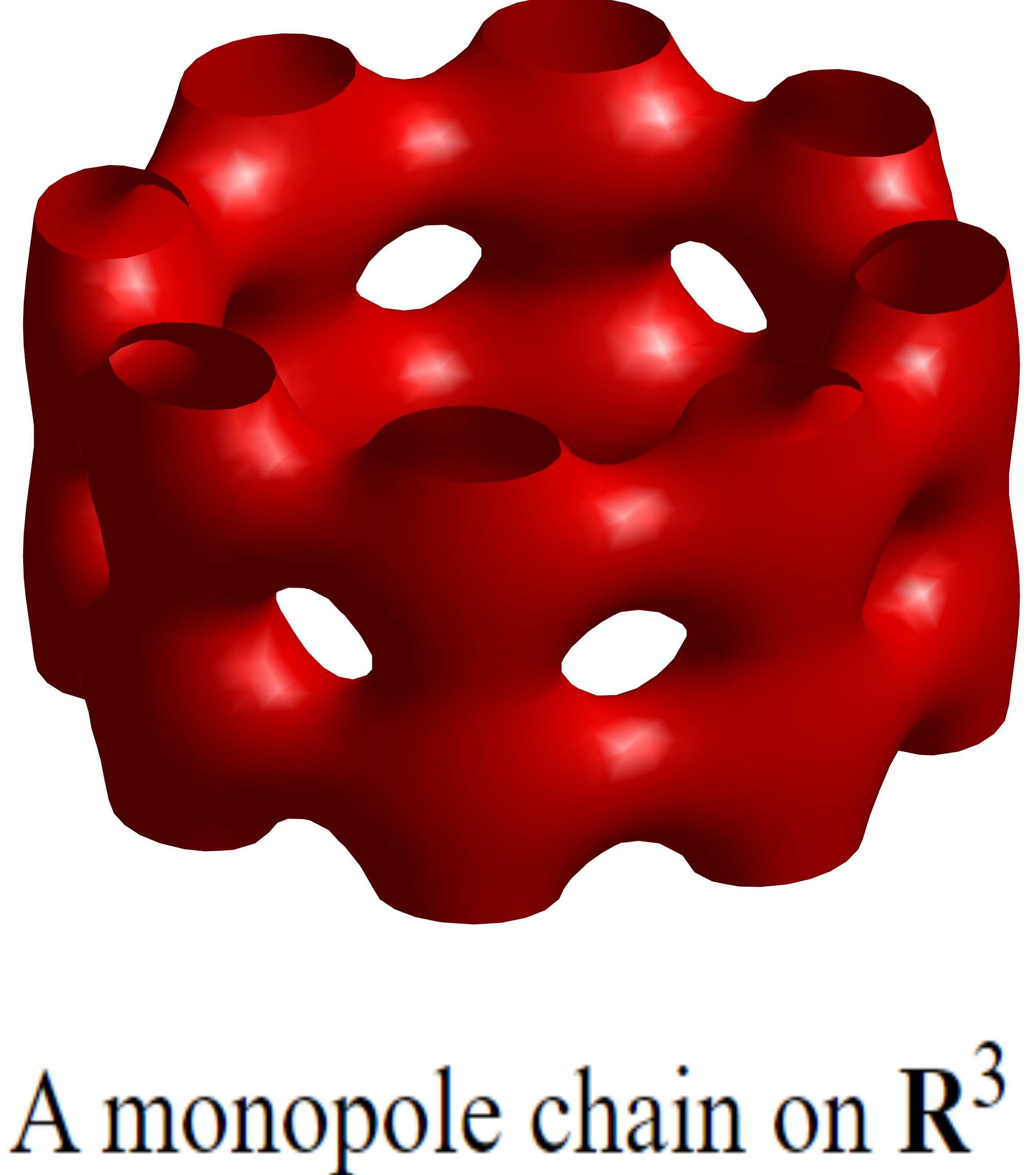Program

The mathematics and physics around gauge theory have, since their first interaction in the mid 1970’s, prompted tremendous developments in both mathematics and physics. Deep and fundamental tools in partial differential equations have been developed to provide rigorous foundations for the mathematical study of gauge theories. This led to ongoing revolutions in the understanding of manifolds of dimensions 3 and 4 and presaged the development of symplectic topology. Ideas from quantum field theory have provided deep insights into new directions and conjectures on the structure of gauge theories and suggested many potential applications. The focus of this program will be those parts of gauge theory which hold promise for new applications to geometry and topology and require development of new analytic tools for their study.
Bibliography
Keywords and Mathematics Subject Classification (MSC)
Tags/Keywords
gauge theory
Yang-Mills
instanton
Seiberg-Witten
Kapustin-Witten
Vafa-Witten
Haydys-Witten
monopoles
Higgs bundles
Hitchin’s equation
special holonomy
Jones polynomial
Khovanov homology
mirror symmetry
14D24 - Geometric Langlands program (algebro-geometric aspects) [See also 22E57]
14H70 - Relationships between algebraic curves and integrable systems
22E57 - Geometric Langlands program: representation-theoretic aspects [See also 14D24]
57R57 - Applications of global analysis to structures on manifolds [See also 57K41, 58-XX]
58J20 - Index theory and related fixed-point theorems on manifolds [See also 19K56, 46L80]
| August 25, 2022 - August 26, 2022 | [HYBRID WORKSHOP] Connections Workshop: Analytic and Geometric Aspects of Gauge Theory |
| August 29, 2022 - September 02, 2022 | [HYBRID WORKSHOP] Introductory Workshop: Analytic and Geometric Aspects of Gauge Theory |
| October 24, 2022 - October 28, 2022 | [HYBRID WORKSHOP] New Four-Dimensional Gauge Theories |